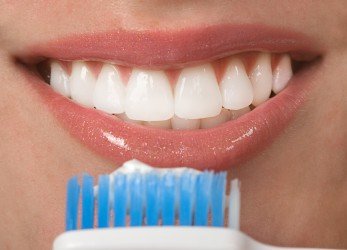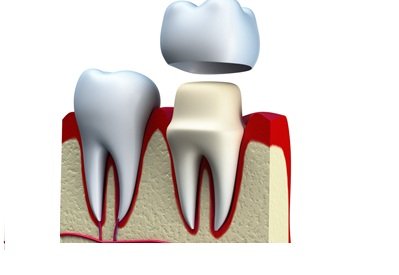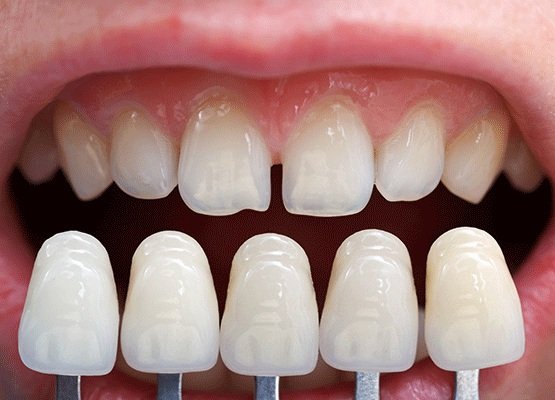Do Dental Crowns Need Special Care?
Crowns are “caps” or coverings for the entire tooth.
When you go home, after your crown has been placed, you can treat your crown as though it were your natural tooth. Continue to follow good oral hygiene practices. Simply flossing and brushing with toothpaste will help to keep crowns clean and the gums around the crowns healthy, thus preventing gum disease. Your dentist will show you how to correctly floss around your new crown. Antibacterial mouth rinse can also help. Also, you don’t need to worry about adhering to special diet restrictions, but you should be careful about chewing extremely sticky foods, such as caramels, which can accidentally dislodge your crown. Like your natural teeth, remember not to bite down on hard objects or use your teeth to open or cut things.
Get in touch with Expressions Dental to find out how we can restore your teeth with a dental crown.




